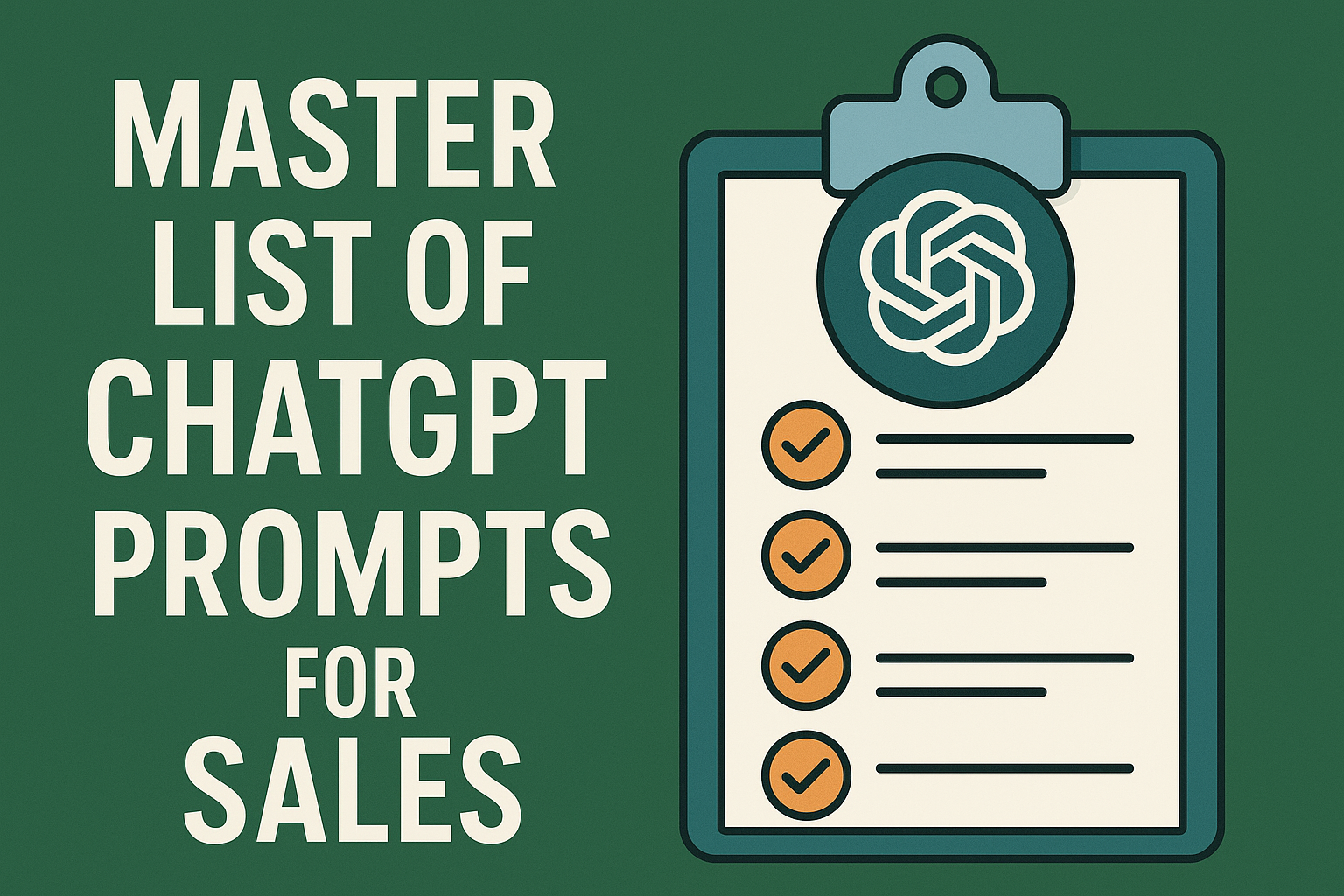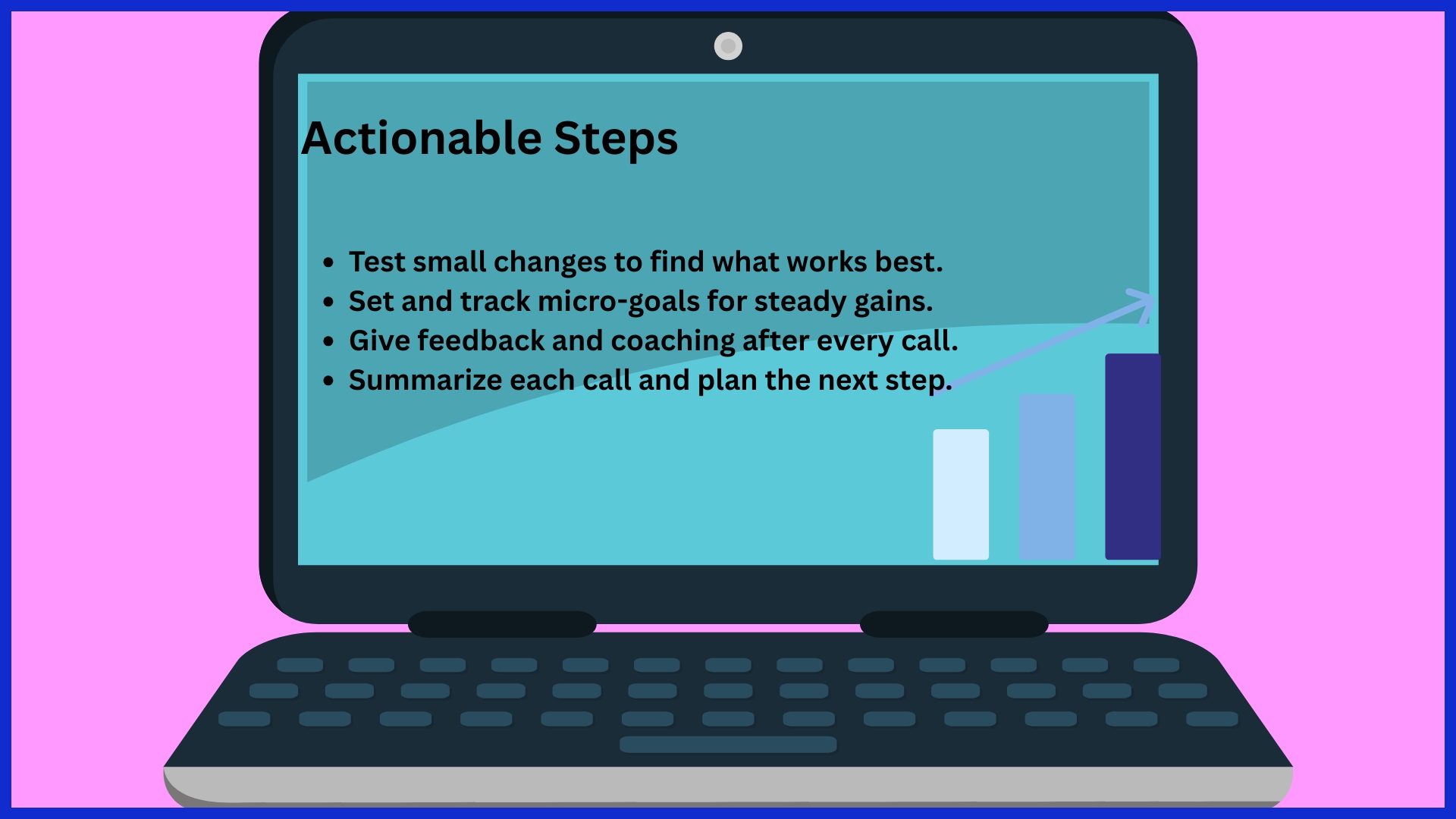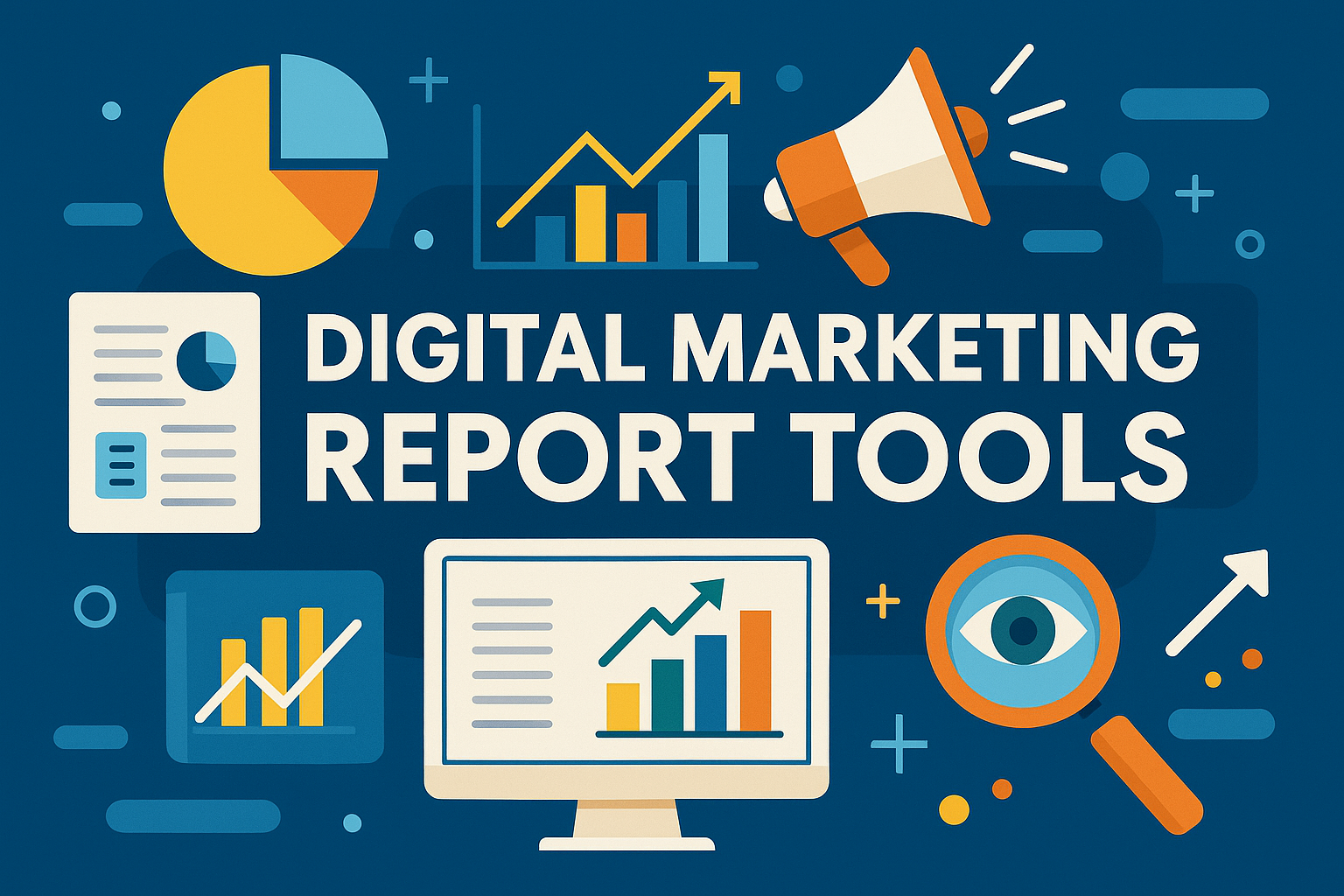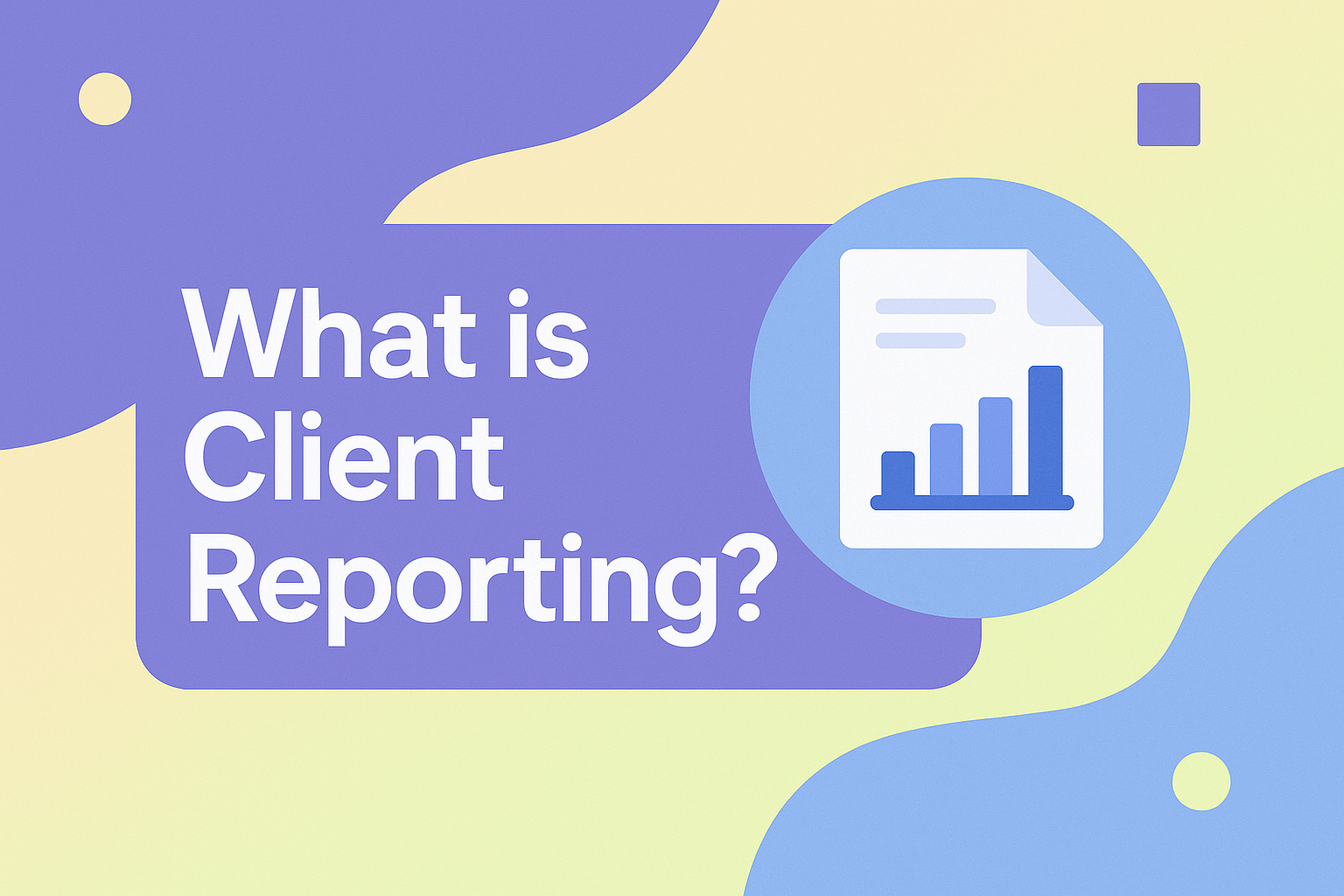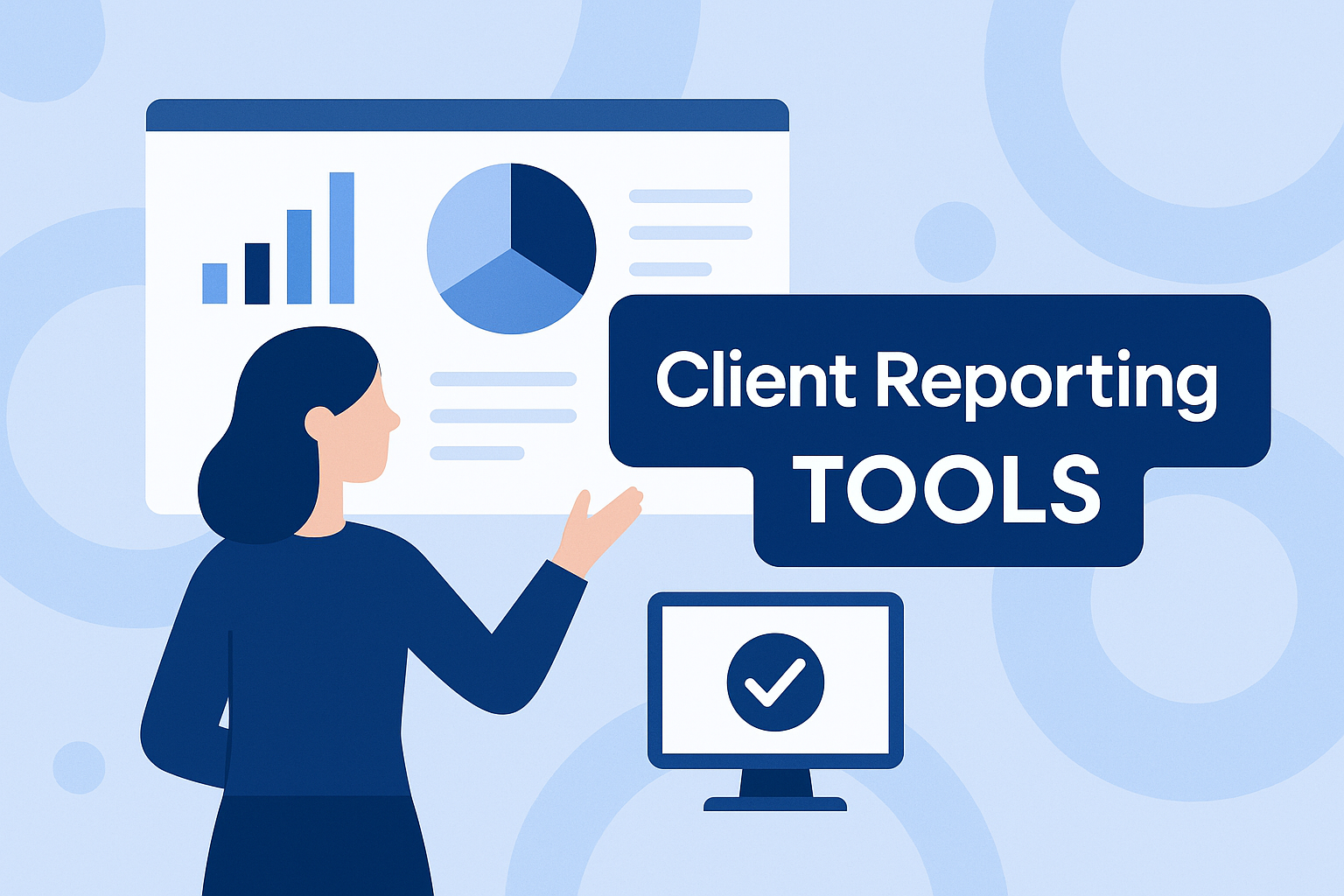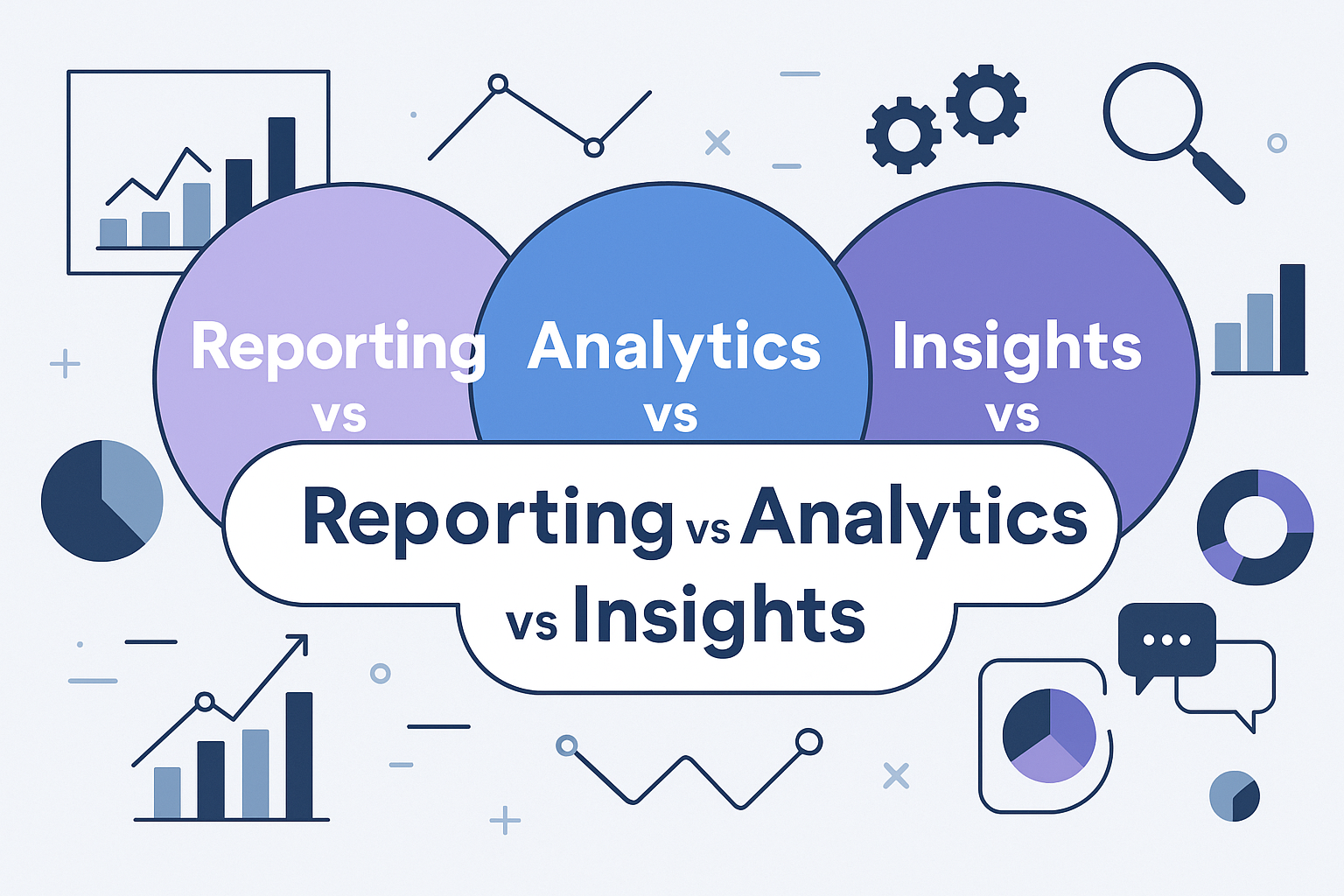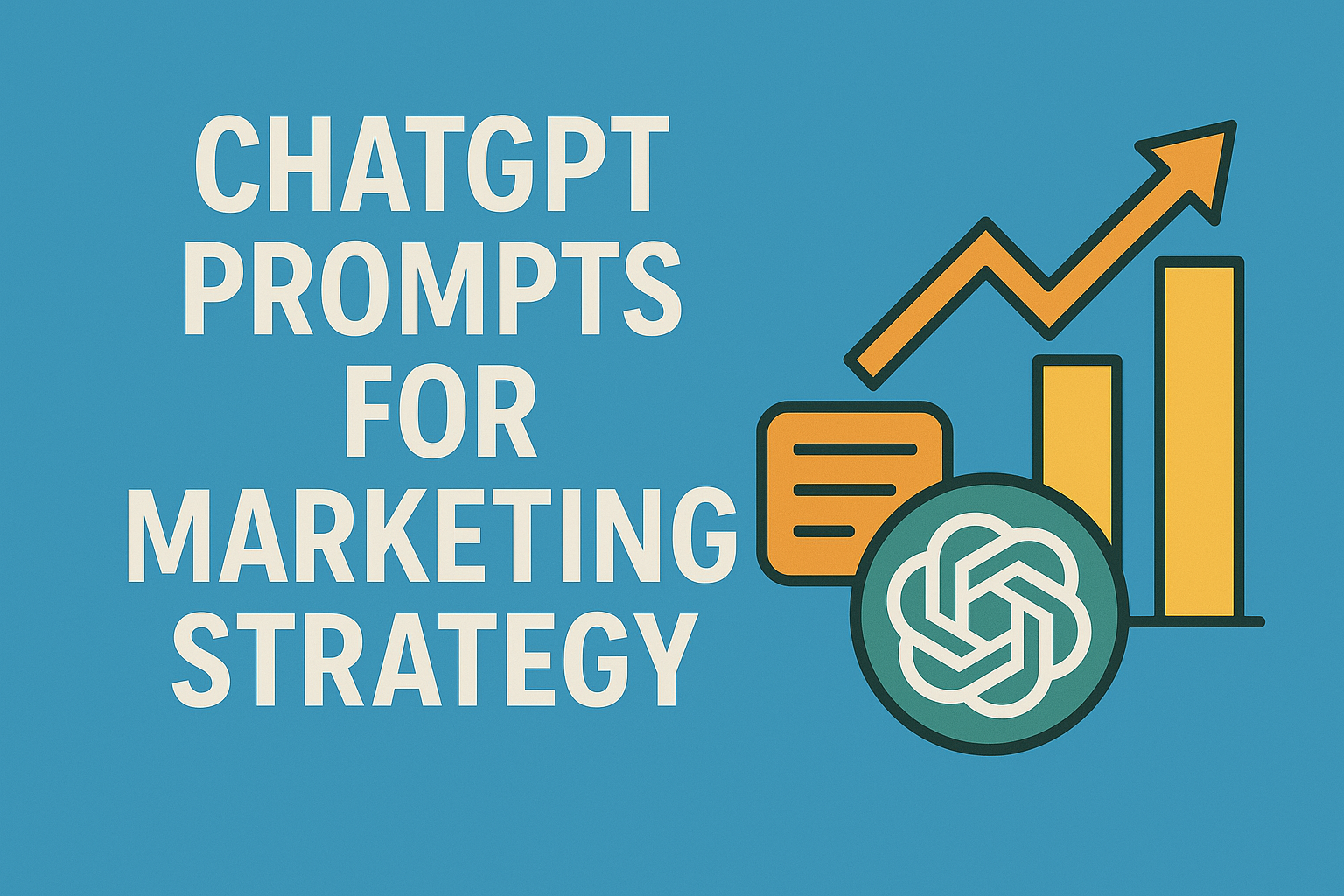Master List of ChatGPT Prompts for Sales
Key Takeaways
- ChatGPT can optimize sales workflows, from drafting custom emails to parsing feedback and assisting lead conversations throughout the funnel.
- Sales prompts that work for prospecting, outreach, discovery, negotiation, closing, and retention, so teams can customize their method and increase results.
- By trying its hand at prompt engineering and employing well-defined templates, sales pros can whip up quality, contextually relevant AI output for various sales use cases.
- Combining ChatGPT for sales coaching and performance analysis encourages continuous skill development and data-driven decision-making across teams.
- Leveraging AI to conduct market research and competitor analysis gives you actionable insights to tweak your sales strategies and target the right audiences.
- Ethical AI safeguards your customer relationships.
ChatGPT sales prompts are smart, pre-crafted inputs designed to help sales reps start stronger conversations, handle objections smoothly, and close deals faster.
Whether you’re prospecting cold leads or nurturing warm ones, these prompts offer a shortcut to clarity, confidence, and consistency. Teams across industries now rely on them to boost response rates, save valuable time, and keep messaging on-brand, no matter who’s behind the screen.
In this post, you’ll discover the most effective ChatGPT sales prompts—and how to use them to drive real results in your sales process.
Why Use ChatGPT for Sales?

ChatGPT is transforming sales teams’ workflows by streamlining their day-to-day tasks. It leverages generative AI to assist with time-consuming sales tasks, including writing emails, managing inquiries, and analyzing data. Armed with the right prompts, sales teams can leverage ChatGPT to increase speed and quality in their workflow.
Sales teams end up answering the same questions from prospects. ChatGPT can provide concise, rapid replies to product or service inquiries and assist in overcoming typical sales pushbacks. This reduces the amount of grunt work for the team, allowing them to spend more time talking to prospects.
For instance, if customers frequently inquire about pricing or a feature of a product, ChatGPT can generate a ready-to-send,personal-feeling response that takes seconds to produce.
Personalized sales emails are crucial for acquiring new customers, but they can be time-consuming to write. ChatGPT can help write these emails fast by inputting information about the target audience and previous examples. By feeding ChatGPT a few example emails or information on the prospect, it can generate copy that suits the tone and requirements of each individual.
This helps sales teams send more emails in less time, and everyone feels like it was written just for the receiver! For example, a sales rep can use ChatGPT to draft follow-up emails, proposal notes, or quick check-ins — without having to start from scratch every time.
Good sales work means good conversations with customers. ChatGPT’s conversational AI makes it possible to keep these discussions valuable, even when the team is slammed. It can take first-touch chats on websites as well, easing the capture of new leads.

For instance, if a visitor arrives on a site and inquires about a product, ChatGPT can initiate the dialogue and collect information before handing off the lead to a human. This keeps users engaged and propels them down the sales funnel.
Processing feedback and market data is another way ChatGPT can assist. It can sift through survey responses, reviews, or even competitor info at a rapid pace, providing insights that sales teams can use to tailor their pitch.
As one example, a team could use ChatGPT to review trends or pain points, then use that data to make better pitches. It can even help brainstorm blog topics, draft social media campaigns, or write sales call scripts — liberating your time for higher-leverage activities.
Master Your ChatGPT Sales Prompts

Sales reps use prompts to direct conversations, customize outreach, and advance deals. ChatGPT streamlines these efforts by writing sales scripts, identifying leads, and extracting notes from sales calls. Clean prompts determine how you ask questions, how you handle objections, and demonstrate value, particularly when prospects push back on price.
Here are some real-world ways to extract more from ChatGPT at all stages of the sales process.
1. Prospecting

Personalized outreach begins with understanding your perfect buyer. ChatGPT can assist you in crafting messages tailored to particular job titles or industries. For instance, you can input historical sales data to ChatGPT to identify hot leads or generate sample sales conversations to rehearse cold calls.
For example, if you’re pitching a SaaS product to IT managers, ask ChatGPT to come up with a pitch around efficiency and security—something that’s important to that audience.
Prospecting isn’t cookie-cutter emails. With ChatGPT, you tailor your messaging to the customer’s pain points. You can use it to research industries and construct a list of target companies. It makes every note read like it was personally penned for the other person, boosting your likelihood of receiving a response.
2. Outreach
It’s hard to get noticed in an inbox stuffed full of salespeople promising more for less. ChatGPT can help you write cold outreach emails with subject lines that stand out, like:
- “Quick question about your workflow.”
- “Tips to make your team more efficient.”
Custom messages are simpler with AI, leverage signals from LinkedIn or prior communication to demonstrate you’ve done your research. To save time, automate outreach but keep it natural. ChatGPT lets you strike a balance between efficiency and a human touch.
A/B testing email formats is clever. For example, test a direct, short message vs. A detailed one, and then test open and response rates with ChatGPT. With time, you’ll discover what style resonates most with your audience.
A sample prompt might be: “Write a cold email for a digital marketing tool aimed at retail brands in Europe.
3. Discovery
A solid discovery process equates to posing the correct questions. ChatGPT assists you in crafting scripts that drill down customer pain points, such as:
- “What’s your biggest struggle with your current software?”
- “How do you gauge ROI on digital campaigns?
You can analyze customer feedback and behavior — AI surfaces trends you might overlook. ChatGPT can summarize call notes, so you can rapidly identify repeating threads. This assists you in adapting your strategy and clarifying your inquiries for subsequent calls.
4. Negotiation
Objections, particularly on price, are to be expected. When somebody tells you, ‘Your product is too expensive,’ ChatGPT can generate answers that turn the discussion from price to value. For example:
- “Let’s review how this solution can save you time and reduce errors.”
You can use ChatGPT to simulate negotiations, draft proposals, and build a checklist to cover all the key points. A negotiation checklist might include: identify decision-makers, confirm budget, address objections, and review timeline.
5. Closing
ChatGPT can help you craft closing scripts that drive action, for example:
- “Are you ready to move forward this month?”
- “What’s the next step for you?”
Follow-up emails hammer home your value proposition.
AI figures out which closing phrases work best for each segment, so you can optimize your approach.
Example closing phrases: “Let’s get started,” “Can we arrange a kick-off call?” ” What other information do you require to decide?”
6. Retention
It takes continuous work to keep customers happy. ChatGPT can draft check-in emails or feedback requests, such as:
- “How’s the new feature working for you?”.
Let AI comb through satisfaction data and identify gaps in where users require assistance. Develop loyalty-building strategies like providing helpful tips or exclusive resources.
Retention prompts might be: “Write a renewal reminder for an enterprise client,” “Draft a thank-you note after a customer referral.

Crafting Your Own Prompts

Constructing prompts for ChatGPT sales jobs begins with understanding the specific output you want from the AI. Because vague prompts get vague answers, it helps to be clear about your sales goals—say, lead qualification, follow-up email drafting, or crafting persuasive sales pitches. When you know what you want, you can design your prompt to meet the need, which makes the entire experience more straightforward and less trial-and-error.
Tinkering with prompt engineering can polish how the AI responds. For instance, ‘Write a follow-up email to a client who showed interest in our SaaS platform, keep it friendly and concise, and mention our free trial offer’ yields superior output compared to the more vague ‘Write a follow-up email’. Specifying details like tone, length, or target audience helps the AI tune to your style and aligns with your sales strategy.
Various sales teams discover that adjusting prompts for buzzwords or expressions, such as “emphasize value” or “feature ROI,” produces more pointed, on-topic results. There’s some trial and error when it comes to writing strong sales enablement content.
Here are key steps to follow:
-
Define the goal – Do you want a pitch, a summary, or answers to common objections? A distinct objective maintains your prompt on point.
-
Be Specific – Use clear language. State what the activity is, for whom it’s meant, and what you want to experience. E.g., “Highlight important features of our analytics tool for mid-sized retailers.
-
Give context enough – Add background or examples, such as “Our primary consumers are European-based marketing experts who appreciate the privacy of data.
-
Be specific about action – Direct the AI on what you want it to do, e.g., List three reasons,” or “Compare two features.
-
Set Constraints or Desires – If you desire a specific word count, tone, or style, include that in the prompt. Write in an informal style, less than 100 words.
-
Add Personal Touches – Include a reference to your brand or a brief remark about your USP to guide the AI to tailor the output to your requirements.
-
Experiment with Variations – Rephrase your question. Try short prompts and long ones. Every sales case might be better with a different style.
-
Request style – If you want bullet points or a table, mention it. Summarize into a bullet list of 3 features with brief descriptions.
-
Let the AI be Creative – Open-ended prompts can show you novel things, like “Brainstorm how to pitch our CRM tool.
-
Review and Tweak – Inspect each result. If it’s not right, edit your prompt and run it again. Over time, you’ll see what works best.
By utilizing effective sales content and the right ChatGPT prompts, sales professionals can significantly enhance their outreach strategies. Crafting personalized emails and adapting to different sales scenarios ensures that you connect meaningfully with potential customers.
Beyond Prompts: A Strategic Partner

ChatGPT doesn’t stop with sales prompts; it serves as a reliable companion to enhance generative AI capabilities, mold more intelligent sales strategies, and direct authentic development. By mixing AI with everyday sales workflows, teams can cultivate habits that stick and resolve issues more quickly.
Sales Coaching
AI can create training with real-life scenarios for teams to practice. These exercises are customized, allowing squads to act out hard decisions or pushbacks they would encounter. The idea is to develop confidence and agility.
Sales leaders, for example, might leverage AI to generate coaching plans for each rep that are based on their numbers. So, for instance, if a person has a hard time closing, their plan might center around practicing closing scripts.
AI can provide instant feedback during live calls or can identify when a rep might have done things differently. This assists the rep to change and learn immediately.
A virtual library brings coaching within reach. Sales teams can access guides, scripts, and prompts whenever they need them—no waiting until the next formal training.
Performance Analysis
AI can analyze sales figures to identify patterns and uncover voids. If an area is falling behind or a specific product isn’t selling, the software highlights it.
AI reports simplify the task of determining what’s effective and what isn’t. Teams can view summaries by day, week, or month — no spreadsheet hours required.
A clear action plan emerges from these insights— teams can establish micro-goals, such as “log 10 calls before lunch,” or concentrate on deals that progress the quickest.
|
Metric |
Last Month |
This Month |
Change (%) |
Actionable Insight |
|---|---|---|---|---|
|
Calls Logged |
450 |
500 |
+11 |
Encourage daily call challenges |
|
Deals Closed |
32 |
29 |
-9 |
Review closing strategies |
|
Pipeline Health Score |
75 |
80 |
+7 |
Focus on high-probability deals |
|
Response Rate (%) |
38 |
42 |
+10 |
Target responsive prospects |
Market Research
AI mines market data to reveal what customers demand and predict emerging trends. Teams can leverage this to sculpt campaigns or propose new concepts.
It can segment audiences into micro groups by behaviors, making communications resonate more personally. AI reports can alert teams to changes in the market or emerging competitors.
So, for instance, if a new product is getting buzz, AI will flag it, letting teams move first.
|
Market Segment |
Growth Trend (%) |
Top Competitor |
Customer Priority |
|---|---|---|---|
|
B2B SaaS |
+15 |
FirmX |
Integration ease |
|
Retail |
+5 |
Shopwise |
Fast delivery |
|
Healthcare |
+12 |
MedTech |
Data security |
The Human-AI Sales Synergy

Sales teams now use AI tools to get more done, faster. Here’s how the partnership works:
- AI handles the boring stuff: Sorting leads, logging calls, and tracking emails can be done in seconds with AI, freeing up salespeople to focus on building relationships and closing deals.
- ChatGPT helps in real time: It can quickly pull up customer insights or write personalized replies, saving hours each week.
- Training is key: Teams need to learn when to trust AI and when to use their own judgment. Workshops and role-plays help reps practice using AI in real sales situations.
- AI supports, doesn’t replace: While AI can spot buying signals or suggest next steps, it can’t read a client’s mood or adjust its tone like a human can.
- Real results: Companies use AI to find the best prospects, spot at-risk leads, and create custom pitches. This leads to faster outreach and more sales.
- Ongoing effort: Teams must plan, train, and check in often to keep things running smoothly. The goal is for AI to help teams meet customer needs—not to do less work, but to do smarter work.
In short, when humans and AI work together, sales teams become more productive, make better decisions, and grow faster.
Ethical AI in Sales

AI is changing how sales teams work, but it also brings new responsibilities to use it the right way. Here’s what sales teams need to know about ethical AI:
- Set clear rules: Teams need guidelines on what’s okay and what’s not when using AI tools like ChatGPT. This includes what data can be used and making sure AI results are fair and safe.
- Check AI’s work: AI can quickly analyze lots of information, but teams must review its output to catch mistakes or missed details.
- Be honest with customers: Let buyers know if they’re talking to AI or a person. If AI writes an email, it should be clear or at least sound natural to keep trust.
- Keep it human: AI-generated messages can sound repetitive. Salespeople should personalize messages to connect with customers better.
- Watch out for bias: AI learns from data, so if the data is unfair or missing groups, AI might make biased choices, like ignoring some leads. Teams should regularly check AI suggestions for fairness.
- Protect data: Teams must guard customer information carefully to avoid leaks or misuse and control who can access it.
- Build trust: Explain clearly how AI helps in sales, what data it uses, and how that data is kept safe.
- Stay alert: Ethical AI means always watching for problems and updating tools to keep things fair and secure.
In short, AI can handle routine tasks so salespeople can focus on what only humans can do—building real relationships. Using AI responsibly helps sales teams work smarter and earn customers’ trust.
Conclusion
ChatGPT helps sales teams hit goals quicker. Teams utilize smart prompts to supercharge leads, inform smarter follow-ups, and discover more about their buyers. That combination of AI with actual humans sparks new creativity and keeps the workflow fluid.
Every prompt provides a fresh approach to conversation, sealing a deal, or identifying buyer demand. Small hacks can make a real impact, whether that’s a better response rate or faster closing deals.
To maintain confidence, organizations must deploy AI responsibly and implement transparent policies. Sales work keeps evolving, and savvy teams remain prepared to experiment with new tools. To create actual transformation, test out prompts, retain the successful, and collectively share victories with your team. Begin developing new skills with ChatGPT in your sales flow today.
Frequently Asked Questions
What are ChatGPT sales prompts?
ChatGPT sales prompts are thoughtfully designed inputs provided to ChatGPT, serving as an ai content assistant. They assist in creating effective sales content for targeted sales replies, optimizing your sales outreach to be both quicker and more impactful.
How can ChatGPT improve my sales process?
ChatGPT, a powerful generative AI tool, helps automate responses and generate effective sales content, allowing you to connect better with your customers while saving time and reducing errors.
Can I write my own sales prompts for ChatGPT?
Yes, you can customize prompts for your sales strategy, products, or ideal customer profile. As you can imagine, clear, specific prompts yield more effective sales content.
Is ChatGPT a replacement for human salespeople?
No. ChatGPT assists human sales efforts by enhancing sales content creation and streamlining sales workflows, but it cannot replace meaningful conversations or bargaining abilities.
How do I ensure ethical use of ChatGPT in sales?
Be transparent about your use of ChatGPT and its generative AI capabilities, respect customer privacy, and don’t mislead. Ensuring your sales content is honest and fair is essential for effective sales success.
What makes ChatGPT a strategic partner in sales?
ChatGPT serves up immediate insights and effective sales content, adjusting to market shifts and customer input, making it a valuable generative AI tool for ongoing enhancement.
Is ChatGPT suitable for global sales teams?
Yes. ChatGPT understands multiple languages and cultures, allowing it to assist sales teams globally.

